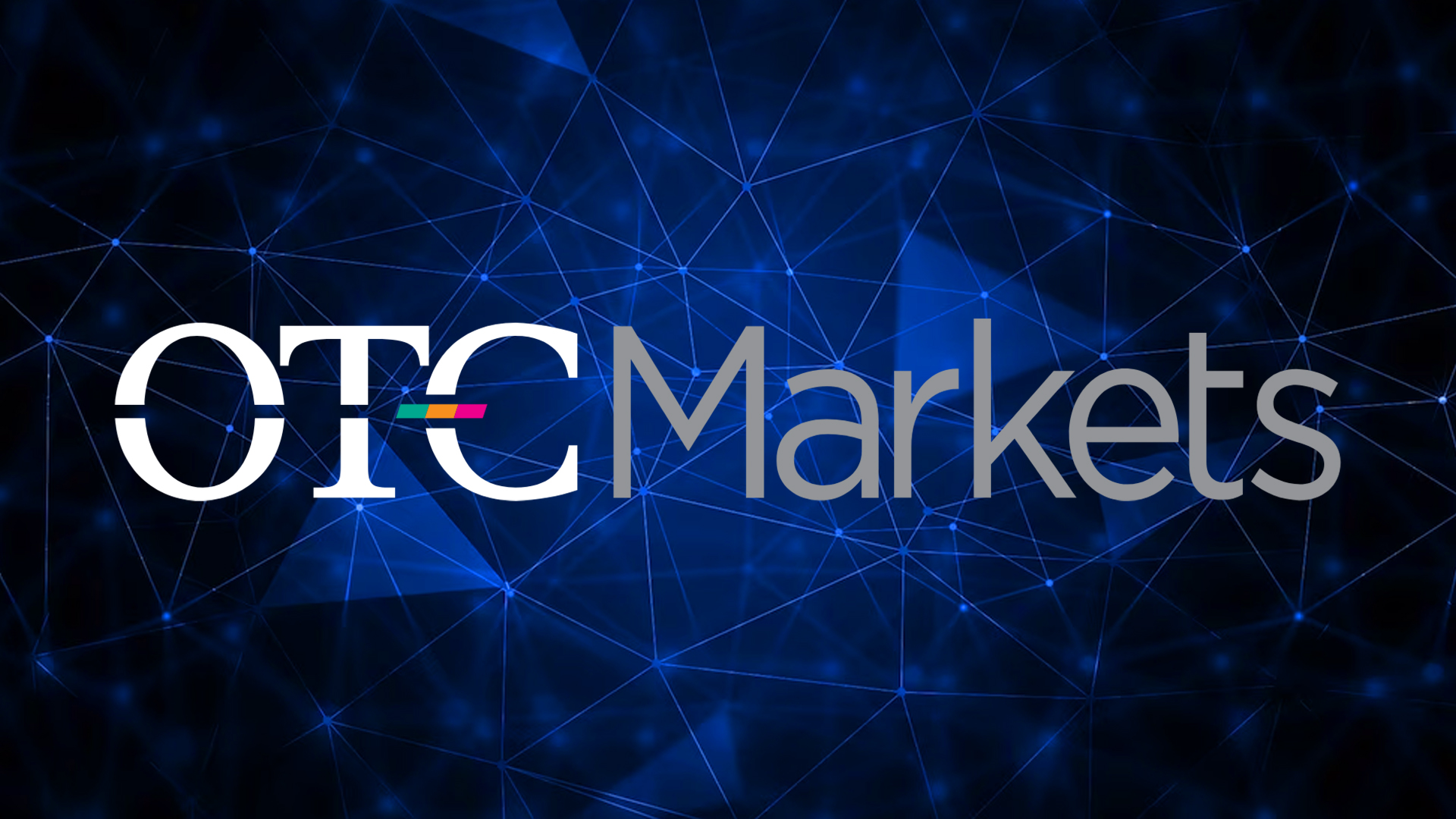

Provide a short introductory paragraph here.
Over-the-counter (OTC) is defined as the trading of securities through a broker-dealer network. It is opposed to a centralized exchange like the New York Stock Exchange (NYSE) or NASDAQ. It is also called the stock market version of “for sale by owner”. OTC trading companies are considered public but unlisted.
There is no governing institution watching the trading, and exchanges are open to everyone. Stocks that trade via OTC markets are unlisted, whereas stocks that trade on exchanges are listed. There are different types of OTC securities, such as stocks (companies that cannot be listed on the NYSE like BASF SE, Danone SA, etc.), bonds (these do not trade on a formal exchange), derivatives (private contracts arranged by brokers), ADRs (American Depository Receipts), foreign currency (that trade on the Forex), and cryptocurrency (for example, Bitcoin and Ethereum that trade on the OTC market). There are two major OTC markets; OTC Market Groups and the Grey Market. OTC Market Groups consist of OTCQX (includes only 4% of all OTC stocks), OTCQB (venture market), and Pink Sheets.
The Grey Market is sometimes called an Other OTC and is considered for any security that is OTC but is not quoted by broker-dealers due to a lack of regulatory compliance, lack of investor interest, or lack of financial information.
There are benefits of OTC markets such as the stars of tomorrow (big-name stocks started small), lower share prices, private and personalized service, and low transaction costs. Fewer regulations allow the entry of many companies on the list of other exchanges. Investors can earn a good amount of return through the trading of penny stocks at a low cost. OTC provides access to securities such as ADRs, derivatives, and bonds that are not available on standard exchanges. The major reasons for companies to trade through OTC markets are that they are cheaper than a major exchange, have lower listing requirements than a major exchange, may not be required to file with the SEC, and are easier for foreign companies.
The risks of OTC trading are volatility, lack of oversight, lack of price transparency, and low liquidity. There is a chase for outdated information and the possibility of fraud due to less regulation, which leads to less available public information. These OTC stocks have low volume, which leads to less trade liquidity and delays in finalizing the trade.
Since financial securities are traded through a broker-dealer network and these securities are associated with lower transparency, the market is generally considered risky. Many stocks that are traded through OTC markets have a lower share price and may be highly volatile. Some OTC stocks are listed on the major exchanges, whereas others fail. It is very important at the time of investment to do thorough research related to stocks and OTC markets to avoid major catastrophic consequences in the future. Since OTC networks are not formal exchanges like the New York Stock Exchange (centralized exchange), they still have eligibility requirements determined by the Security and Exchanges Commission (SEC). The bottom line is “never invest money which you cannot afford to lose”.
Token airdrops have historically introduced investors to new blockchain projects. However, many distributions fail to…
Airdrops have traditionally been used to introduce new investors to blockchain projects, but their effectiveness…
The approval of Bitcoin ETFs was one of the most anticipated events in crypto history,…
The blockchain space continues to evolve, with projects pushing security, scalability, and user engagement to…
As the cryptocurrency market recovers from recent volatility, several projects emerge as strong contenders for…
The cryptocurrency market is showing strong bullish signals, with many altcoins poised for significant gains.…
This website uses cookies.